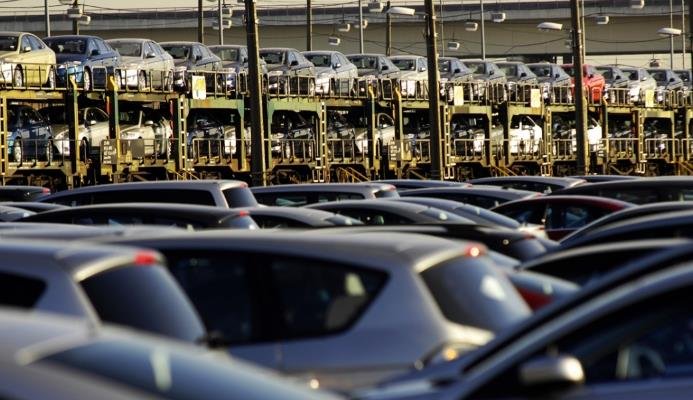The European Automobile Manufacturers Association (ACEA) has warned that the new Brexit trade rules covering electric vehicles could cost European carmakers billions of pounds and reduce output from EU factories by nearly half a million vehicles over the next three years. The rules are meant to ensure that EU-produced electric cars are largely made from locally sourced parts, but manufacturers on both sides of the Channel say they are not ready.
New rules of origin to apply from January
The main problem lies in the so-called “rules of origin” which come into force in January 2024. They apply to shipments of cars across the Channel under the terms of the Brexit deal, the UK-EU Trade and Cooperation Agreement. They will effectively ensure that electric vehicles will need to have batteries produced in either the UK or the EU. Cars that do not meet the criteria will face 10% tariffs – or taxes – when transported across the Channel, in either direction. The rules were designed to protect the European industry from cheap imports, but because battery production in Europe has not ramped up as quickly as expected, carmakers are struggling to meet the new criteria.

ACEA calls for three-year delay
The ACEA estimates that the new rules could cost European manufacturers £3.75bn over the next three years, and reduce output from EU factories by 480,000 vehicles. It also warns that customers would pay the price, as electric cars would become more expensive to produce and potentially less competitive. The ACEA wants the new rules to be delayed for three years, and it is appealing to the European Commission to take action. “Driving up consumer prices of European electric vehicles, at the very time when we need to fight for market share in the face of fierce international competition, is not the right move,” said Renault chief executive Luca de Meo, who is also acting as ACEA’s president. “We will effectively be handing a chunk of the market to global manufacturers,” he added.
UK and EU positions differ
For the rules to be pushed back, an agreement would need to be reached between the UK and the EU. The UK’s Business Secretary, Kemi Badenoch, said last week she was “optimistic” such a deal could be reached. But in an interview with the Guardian on Friday, the EU’s internal market commissioner Thierry Breton was much less forthcoming. He said it would be wrong to re-open the Brexit deal to satisfy the motor industry. “If something has been negotiated, it shouldn’t be changed,” he told the newspaper. The European Commission said: “Brexit has changed the trade relationship between the UK and the EU, among other things.” It noted that the Brexit trade deal – the EU-UK Trade and Cooperation Agreement – “is the outcome of a negotiation in which both sides agreed to an overall balance of commitments”.
Impact on electric car market
The new rules could have a significant impact on the electric car market, which is expected to grow rapidly in the coming years as governments and consumers seek to reduce carbon emissions and tackle climate change. The UK is by far the largest export market for EU carmakers, with 1.2 million vehicles arriving at UK ports last year. Likewise more cars built in the UK are transported to the EU than any other region. Steep tariffs could make electric cars less affordable and attractive for buyers on both sides of the Channel, and hamper efforts to achieve net zero targets.
